Tongue Cleaning:
Oral hygiene is essential for overall health, yet most people focus primarily on brushing their teeth, often neglecting the tongue. However, cleaning your tongue is just as important for maintaining fresh breath, improving taste, and reducing harmful bacteria in the mouth. In this guide, we’ll explore the tongue cleaning process, techniques, benefits, and answer frequently asked questions, ensuring you have everything you need to know about this vital aspect of oral care.
What is Tongue Cleaning?
Tongue cleaning is the process of removing bacteria, food particles, and dead cells from the surface of your tongue. The tongue has small bumps called papillae, which can trap debris, leading to bad breath (halitosis) and other oral health issues. By cleaning your tongue regularly, you help to keep your mouth clean and your breath fresh.
Why is this process is Important?
Many people overlook the tongue when practicing oral hygiene, assuming brushing and flossing are enough. However, here’s why tongue cleaning is crucial:
1.Improves Breath:
A large portion of the bacteria responsible for bad breath resides on the tongue. By removing these bacteria, you can drastically improve your breath.
2.Reduces Bacteria:
Your tongue can harbor harmful bacteria that contribute to plaque buildup and gum disease. Cleaning your tongue helps to reduce the bacterial load in your mouth.
3.Enhances Taste:
When debris and dead cells cover your tongue, your sense of taste can become dulled. Tongue cleaning can help restore your taste buds to their full capacity.
4.Improves Oral Hygiene:
A clean tongue helps promote overall oral hygiene. It prevents bacteria from spreading to other areas of your mouth, like your gums and teeth.
5.Boosts Immune System:
Your mouth is one of the first lines of defense for your body’s immune system. Keeping your tongue clean helps prevent bacteria and toxins from entering your body.
Techniques for Tongue Cleaning:
There are several effective methods for cleaning your tongue, and you can choose the one that best fits your routine and comfort level.
1. Using a Tongue Scraper:
A tongue scraper is a specially designed tool that effectively removes debris and bacteria from the surface of the tongue. It is one of the most popular and efficient ways to clean the tongue.
How to Use a Tongue Scraper?
- Step 1: Stick out your tongue as far as possible.
- Step 2: Place the scraper at the back of your tongue.
- Step 3: Gently pull the scraper forward, dragging it from the back of your tongue to the tip.
- Step 4: Rinse the scraper with water after each stroke.
- Step 5: Repeat this process 2-3 times or until the tongue feels clean.
- Step 6: Rinse your mouth thoroughly with water.
2. Using a Toothbrush:
If you don’t have a tongue scraper, you can use your toothbrush to clean your tongue. While not as effective as a scraper, it still helps in maintaining oral hygiene.
How to Use a Toothbrush to Clean Your Tongue?
- Step 1: After brushing your teeth, use the toothbrush to scrub your tongue.
- Step 2: Start at the back of your tongue and gently brush forward.
- Step 3: Brush both the top and sides of the tongue.
- Step 4: Rinse your mouth with water after cleaning your tongue.
3. Using a Tongue Brush:
A tongue brush is similar to a toothbrush but specifically designed for the softer surface of the tongue. It has softer bristles that are gentle on the tongue’s surface, making it a more comfortable option for some people.
How to Use a Tongue Brush?
- Step 1: Stick out your tongue and start from the back.
- Step 2: Gently brush your tongue in a sweeping motion from back to front.
- Step 3: Rinse the brush and your mouth after each cleaning session.
4. Using Mouthwash:
While mouthwash alone won’t remove all the debris from your tongue, it can be an excellent supplement to tongue cleaning. Antibacterial mouthwash can help reduce bacteria and keep your breath fresh.
How to Use Mouthwash for Tongue Cleaning?
- Step 1: After cleaning your tongue with a scraper or brush, rinse your mouth with an antibacterial mouthwash.
- Step 2: Swish the mouthwash around your mouth for 30-60 seconds.
- Step 3: Spit it out and avoid eating or drinking for 30 minutes to allow the antibacterial agents to work.
Benefits of Tongue Cleaning:
Now that we’ve explored the techniques, let’s dive into the specific benefits of tongue cleaning:
1. Freshens Breath:
One of the primary reasons people start cleaning their tongues is to eliminate bad breath. By removing odor-causing bacteria, you can achieve fresher breath almost instantly.
2. Prevents Oral Infections:
Bacteria on your tongue can lead to oral infections such as thrush, which is caused by an overgrowth of fungus. Tongue cleaning helps maintain a balanced oral microbiome, preventing infections from taking root.
3. Enhances Taste Sensations:
A dirty tongue can dull your sense of taste. By cleaning it regularly, you remove the debris and dead cells that block your taste buds, enhancing your ability to taste food and enjoy your meals.
4. Improves Overall Oral Health:
Regular tongue cleaning prevents bacteria from spreading to your teeth and gums, reducing the risk of plaque buildup, tooth decay, and gum disease. It’s an essential part of your oral hygiene routine.
5. Boosts Your Confidence:
Bad breath can be embarrassing, especially during close interactions. Regular tongue cleaning helps ensure your breath stays fresh, giving you more confidence in social situations.
How Often Should You Clean Your Tongue?
It’s recommended to clean your tongue at least once a day, preferably in the morning as part of your daily oral care routine. However, you can also clean your tongue after meals if you feel the need for extra freshness.
Conclusion:
Tongue cleaning is an essential but often overlooked part of oral hygiene. By incorporating it into your daily routine, you can improve your breath, reduce bacteria, enhance taste, and support your overall oral health. Whether you choose a tongue scraper, a toothbrush, or a tongue brush, regular tongue cleaning is a simple yet powerful tool for maintaining a healthy and fresh mouth. Ensure to make tongue cleaning a daily habit, and enjoy the many benefits it brings to your oral care routine.
FAQs :
Here are some of the most frequently searched questions about tongue cleaning:
1. Can I clean my tongue with just a toothbrush?
Yes, you can use a toothbrush to clean your tongue. However, a tongue scraper is generally more effective at removing bacteria and debris.
2. Is it normal to gag while cleaning my tongue?
Some people may experience a gag reflex, especially when cleaning the back of their tongue. To minimize gagging, try sticking out your tongue as far as possible and start cleaning from the middle before working your way back.
3. Can tongue cleaning prevent bad breath?
Yes, tongue cleaning is one of the most effective ways to prevent bad breath by removing odor-causing bacteria from the surface of the tongue.
4. How long should I clean my tongue?
It usually takes about 10-30 seconds to clean your tongue thoroughly. Repeat the scraping or brushing until your tongue feels clean and free of debris.
5. What’s the difference between a tongue scraper and a toothbrush?
A tongue scraper is specifically designed for cleaning the tongue and is more efficient at removing debris and bacteria. A toothbrush, while effective to some extent, is not as precise.
6. Can I use mouthwash instead of cleaning my tongue?
Mouthwash can complement tongue cleaning but should not replace it. While mouthwash kills bacteria, it does not physically remove the debris and dead cells from your tongue’s surface.
7. Should I clean my tongue every day?
Yes, cleaning your tongue daily is recommended to maintain fresh breath, prevent oral infections, and improve overall oral health.
8. Can children clean their tongues?
Yes, children can clean their tongues, and it’s a good habit to teach them early on. Use a smaller tongue cleaner or a soft toothbrush suitable for their age.
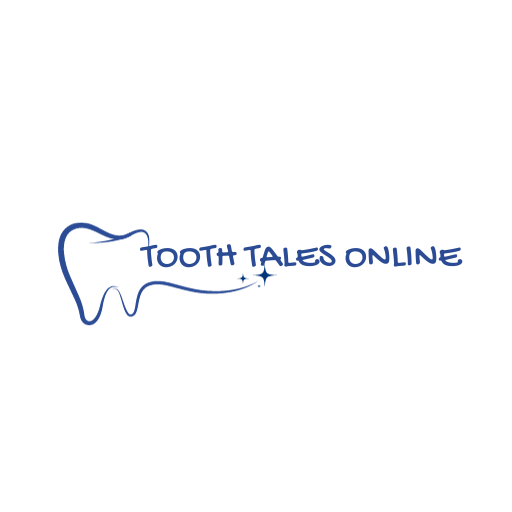
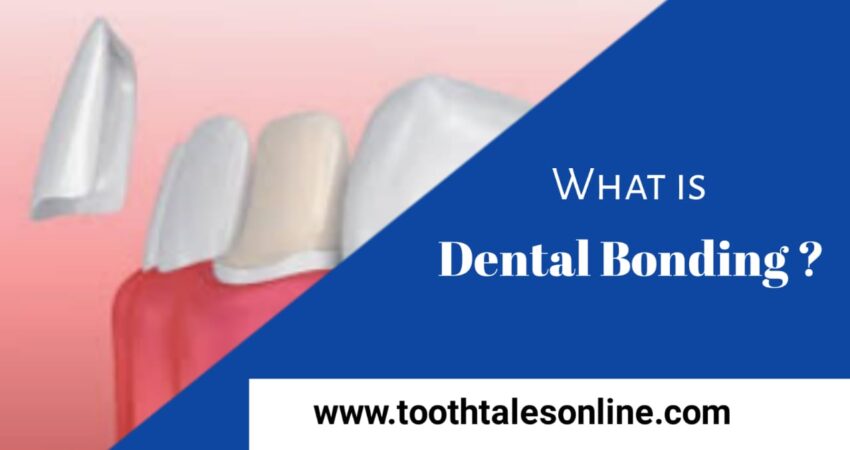
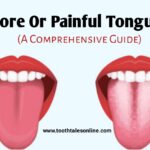
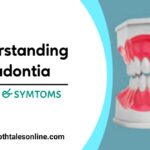
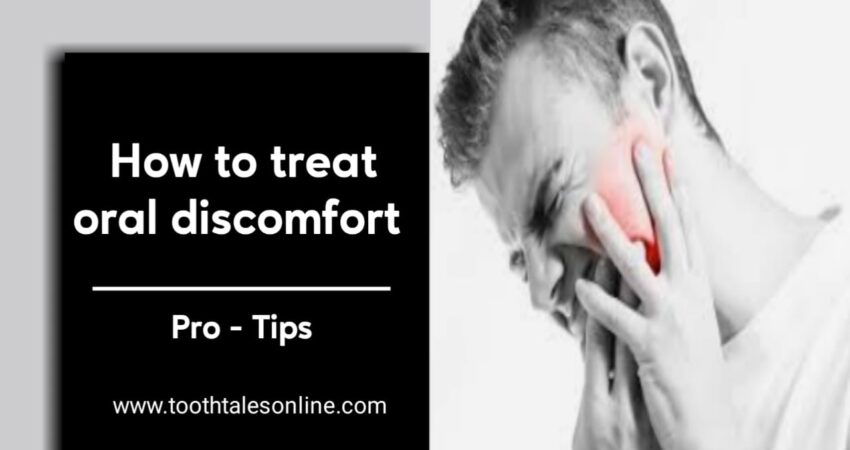
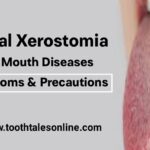

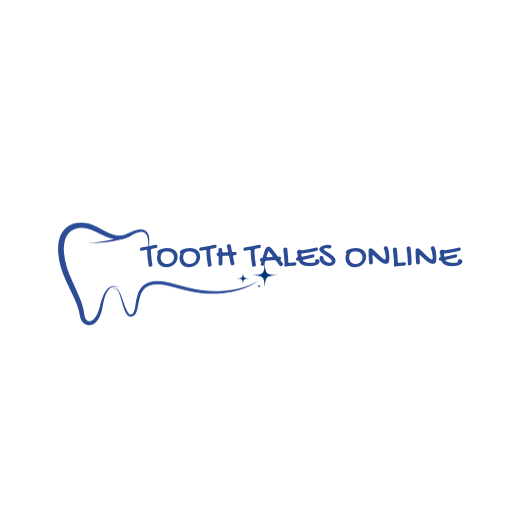


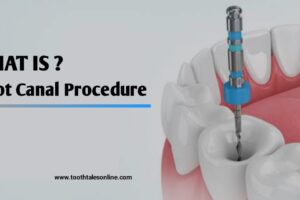
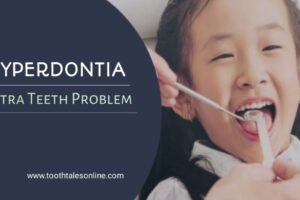










Add Comment